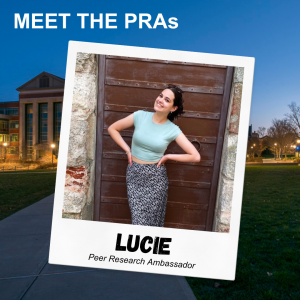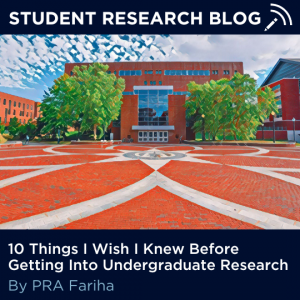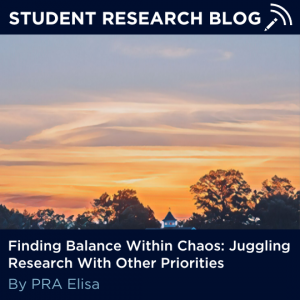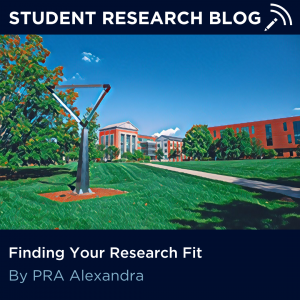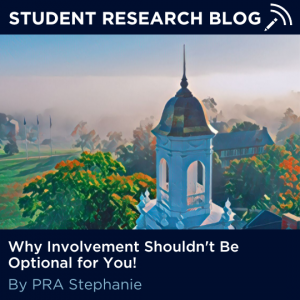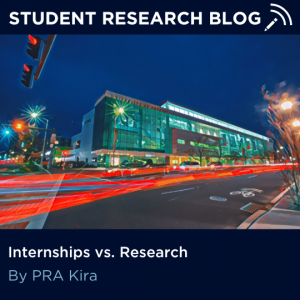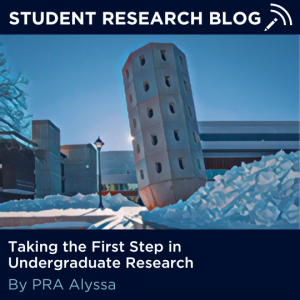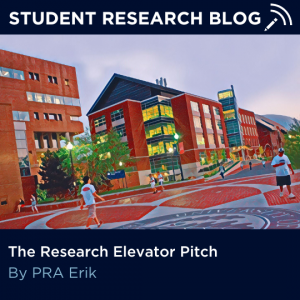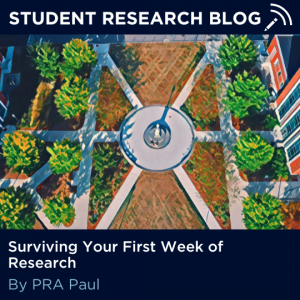By Lina Layakoubi, Peer Research Ambassador
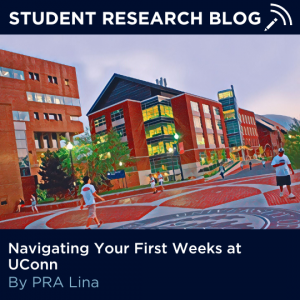 As thousands of new students are welcomed to UConn, the excitement is palpable on campus. With each new student comes the beginning of a new journey, and though this transition can be fantastic, it is also a time when many students are facing new challenges and anxieties. I can say from personal experience, your first few weeks at UConn will probably be a little chaotic, but within this chaos you will find new passions and overcome new challenges. I want to share some tips that can make your transition less stressful!
As thousands of new students are welcomed to UConn, the excitement is palpable on campus. With each new student comes the beginning of a new journey, and though this transition can be fantastic, it is also a time when many students are facing new challenges and anxieties. I can say from personal experience, your first few weeks at UConn will probably be a little chaotic, but within this chaos you will find new passions and overcome new challenges. I want to share some tips that can make your transition less stressful!
1) Settle In
At this point you’re probably just discovering UConn’s seemingly endless resources. Maybe you’ve left the Involvement Fair with a list of ten clubs you want to join, or you just opened Blackboard and have no idea how to post a discussion board. It may seem like everything is moving at lightning speed and information is being thrown at you from all sides.
If you’re anything like I was, you might be feeling stressed about making the most out of every minute. My best advice at this point is to slow down and take a breath. I promise none of the clubs or activities or dining hall “specials” are going anywhere. What’s most important now is acclimating yourself. Regardless of if you’ve lived away from home before, being a part of the UConn community is a major lifestyle change. Try and find the things that work for you and establish a routine. I remember my first semester on campus, I felt like I was being pulled into activities left and right. It took me a long time to feel settled and I think I caused myself unnecessary stress trying to do everything at once. Taking some time to settle into a routine gives you a chance to take small steps towards making new friends, learning new study habits, and discovering activities. Freshman year is about exploration. It’s about taking your time and figuring out what works for you and what you want out of UConn. Calming yourself down and settling in is the first step to having a great first year! Continue reading
